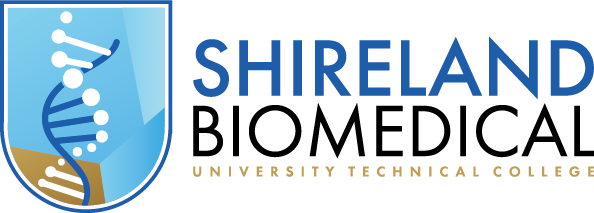Physics
Physics A Level
Why Physics?
Modern physicists have been responsible for some of the greatest achievements of our era. Just think – without our understanding of atomic theory there would be no computers, no internet, no smartphones. The digital age as we know it would not exist. Without quantum mechanics there would be no lasers or satellite navigation. Who knows where future scientific discoveries and inventions will take us?
If you’re up for shaping tomorrow’s world, an A Level in Physics could take you to the frontline of the latest emerging technology. Whether you are working in a field directly related to physics like nuclear physics or astronomy, or one that simply uses the skills you’ve gained, your Physics A Level can really help you to make a difference.
The aim of the course is to provide a stepping-stone from GCSE to A Level Physics including quantum physics, medical physics, nuclear physics, mechanics and magnetism. It prepares students not only for studying physics further but any course and career which requires logical thinking and a structured approach to problem solving.
Entry requirements
- GCSE English level: 5
- GCSE Maths level: 6
- Other requirements: GCSE Grade 6 in Physics (Combined or Physics).
Structure of the course
The course consists of three written papers that will be taken at the end of Year 13.
- Paper 1: Topics 1-5 and 6.1 Periodic Motion. 2 hours
- Paper 2: Topics 7-8 and 6.2 Thermal Physics. 2 hours
- Paper 3: Practical Skills and Data Analysis. Medical Physics. 2 hours
- Practical endorsement in Physics (Non-examined – reported separately)
Career opportunities:
Students studying Physics at A Level have the opportunity to go onto study subjects such as Physics, engineering or Mathematics at university. Others have found the course beneficial in a career in medicine, or the other sciences.
The career options for physicists are too extensive to list, but here are a few: defence, astronomy, education, meteorology, energy, research, telecommunications, finance, computing, law. Highly paid careers are available for students with physics degrees.



